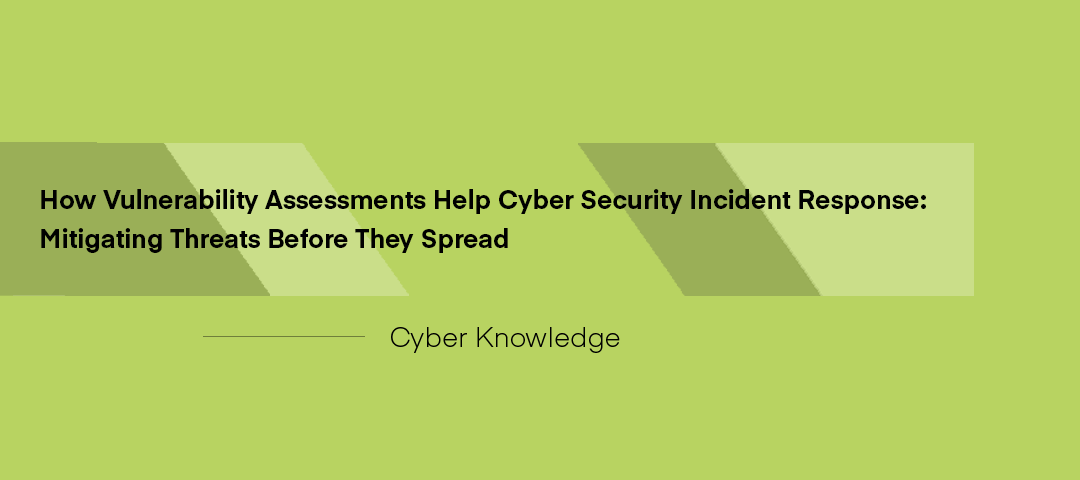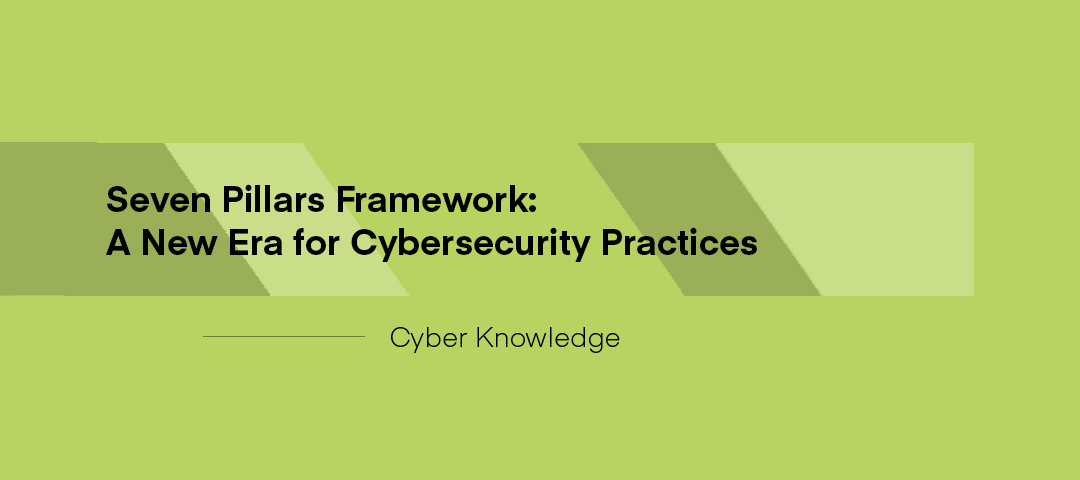Social Engineering
At Pentest People, our certified security specialists conduct Social Engineering assessments to identify and mitigate human security vulnerabilities before they can be exploited.
Using real-world attack simulations, including phishing, vishing, and physical penetration testing, we evaluate your organisation’s ability to detect and respond to social engineering threats—helping you strengthen security awareness and prevent breaches.
CHECK & CREST-Accredited: We have a range of CHECK & CREST accreditations for our excellence and expertise in penetration testing.
Innovative Vulnerability Platform: Access detailed reports and real-time data to understand and address security weaknesses promptly.
Modern Social Engineering Techniques: Our team of specialists are constantly ahead of emerging attack techniques, testing your business with the highest standards.



Why Use Pentest People For Your
Penetration Testing Services?

CREST Certified Penetration Testing Services
Our CREST certified professionals bring extensive experience across various sectors, ensuring accurate penetration testing and robust cyber defence.

Innovative Vulnerability Platform
Our platform offers real-time visibility, automated scans, and continuous monitoring for seamless and efficient vulnerability management.

Specialist Social Engineering Team
Our Social Engineering team are expertly trained in physical penetration testing practices, using techniques such as phishing, vishing, tailgating & more.

Live Reporting & Remediation Checks
Live reporting lets you fix issues in real-time, saving time and reducing risk. Remediation checks ensure vulnerabilities are removed for peace of mind.
What is Social Engineering?
Social Engineering is a cyber attack method that exploits human psychology rather than technical vulnerabilities. Attackers use manipulation, deception, and impersonation to trick employees into revealing sensitive information, clicking malicious links, or granting unauthorised access.
These attacks come in many forms, including phishing emails, pretexting, baiting, and physical penetration testing, where an attacker attempts to gain entry to secured facilities. Because humans are often the weakest link in cybersecurity, social engineering testing is crucial for identifying and mitigating security risks.

Professional Social Engineering From an Experienced Team
At Pentest People, we go beyond standard phishing simulations—we use industry-leading techniques and innovative approaches to thoroughly assess your organisation's human security.
- Real-World Attack Simulations – We mimic the tactics used by cybercriminals and insider threats, ensuring realistic and actionable insights.
- Physical Penetration Testing Experts – Our team attempts to gain unauthorised access to your facilities to identify physical security flaws.
- Custom-Tailored Assessments – We design social engineering tests specific to your industry, workforce, and risk profile.
- Comprehensive Reporting & Remediation Guidance – Get detailed reports with practical recommendations to strengthen your security.

Common Techniques of a Social Engineering Exercise
Phishing Attacks – Deceptive emails or messages designed to steal login credentials or sensitive data.
Spear Phishing – Targeted phishing attacks aimed at specific individuals or executives.
Physical Penetration Testing – Testing an organisation’s on-site security by attempting to bypass physical security controls, access restricted areas, or compromise IT assets.
Vishing (Voice Phishing) – Social engineering attacks conducted via phone calls, often impersonating IT or HR staff.
Smishing (SMS Phishing) – Fraudulent text messages tricking users into revealing information.
Pretexting – Attackers create a fake scenario to trick employees into sharing confidential information.
Baiting – Cyber criminals use infected USB drives, fake job offers, or free downloads to lure victims.
Tailgating & Piggybacking – Gaining unauthorised access to secure areas by following an authorised person into a building.

You Can Trust in Pentest People to Deliver Industry Leading Testing
.webp)




Social Engineering Specialists
Your People are Exploitable,
Discover Risks & Remediate!
Pentest People's Web application testing approach simulates multiple attack scenarios. We use a combination of authenticated and unauthenticated tests to identify and document every potential security risk.

Identify Human Security Weaknesses
Test how well employees recognise and respond to social engineering tactics, reducing the risk of real-world attacks.

Improve Security Awareness & Training
Use the insights from the assessment to develop effective security awareness programs and educate employees on social engineering threats.

Assess Physical Security Controls
A physical penetration test evaluates how easily an unauthorised individual can gain access to restricted areas, helping organisations strengthen their on-site security policies.
See What Our Clients Have to Say About our Professional Services
Benefits of a Web Application
Penetration Test
A successful cyber attack on a web application can result in data breaches, financial loss, and reputational damage, often with long-term consequences. At Pentest People, our CREST-certified Web Application Penetration Testing services provide a controlled, real-world simulation of cyber threats, helping you identify and remediate security weaknesses before attackers can exploit them.
.svg)
Identify Critical Security Vulnerabilities: Uncover weaknesses in your web applications, APIs, and backend systems before attackers can exploit them.
.svg)
Expose Logic Flaws & Insecure Functionality: Identify broken authentication, session management issues, and security misconfigurations that put your users at risk.
.svg)
Protect Your Users & Business Reputation: Prevent data breaches, unauthorised access, and downtime that could lead to financial and reputational damage.

Talk to an Expert About a
Social Engineering Assessment
Fill out our contact form and a member of the team will be in touch to discuss your needs and offer support or contact is by phone on 0330 311 0990

1000’s of Organisations Trust Pentest People For Their Penetration Testing






























What Are You Waiting For? Get a Quote Today & Fortify Your Security
Your employees and physical security are critical layers of defense against cyber threats. A social engineering penetration test can help uncover weaknesses before attackers do.
Contact Pentest People today to schedule a Social Engineering Assessment and strengthen your human security!
.svg)
Identify & fix critical vulnerabilities within your people & operations
.svg)
Ensure compliance with regulatory PCI DSS, GDPR & ISO 27001
.svg)
Get 12 months of free vulnerability scanning

Need More Info on Social Engineering?
Frequently Asked Questions
What is the deliverable from the Social Engineering service?
The deliverable from this service is a full Social Engineering Test Report that is uploaded to our SecurePortal and available for you to interact with. This differs from the competition in the way this is delivered and we believe this is a much clearer way to work with an manage the results of the assessment.
What types of Social Engineering can you offer?
Social Engineering is a very bespoke service and Pentest People are experienced in all aspects of assessments. Due to the bespoke nature, it is best to Get In Touch with us to discuss your exact requirements.
How does Social Engineering differ from a Pen Test?
Social Engineering is part of an overall Penetration Testing engagement. Traditionally Penetration Testing only assesses systems and infrastructure where Social Engineering is assessing the People and Policies for security weaknesses.
What is Social Engineering?
Social Engineering, in the context of information security, refers to psychological manipulation of people into performing actions or divulging confidential information. A type of confidence trick for the purpose of information gathering, fraud, or system access, it differs from a traditional “con” in that it is often one of many steps in a more complex fraud scheme.
.png)





























.webp)


